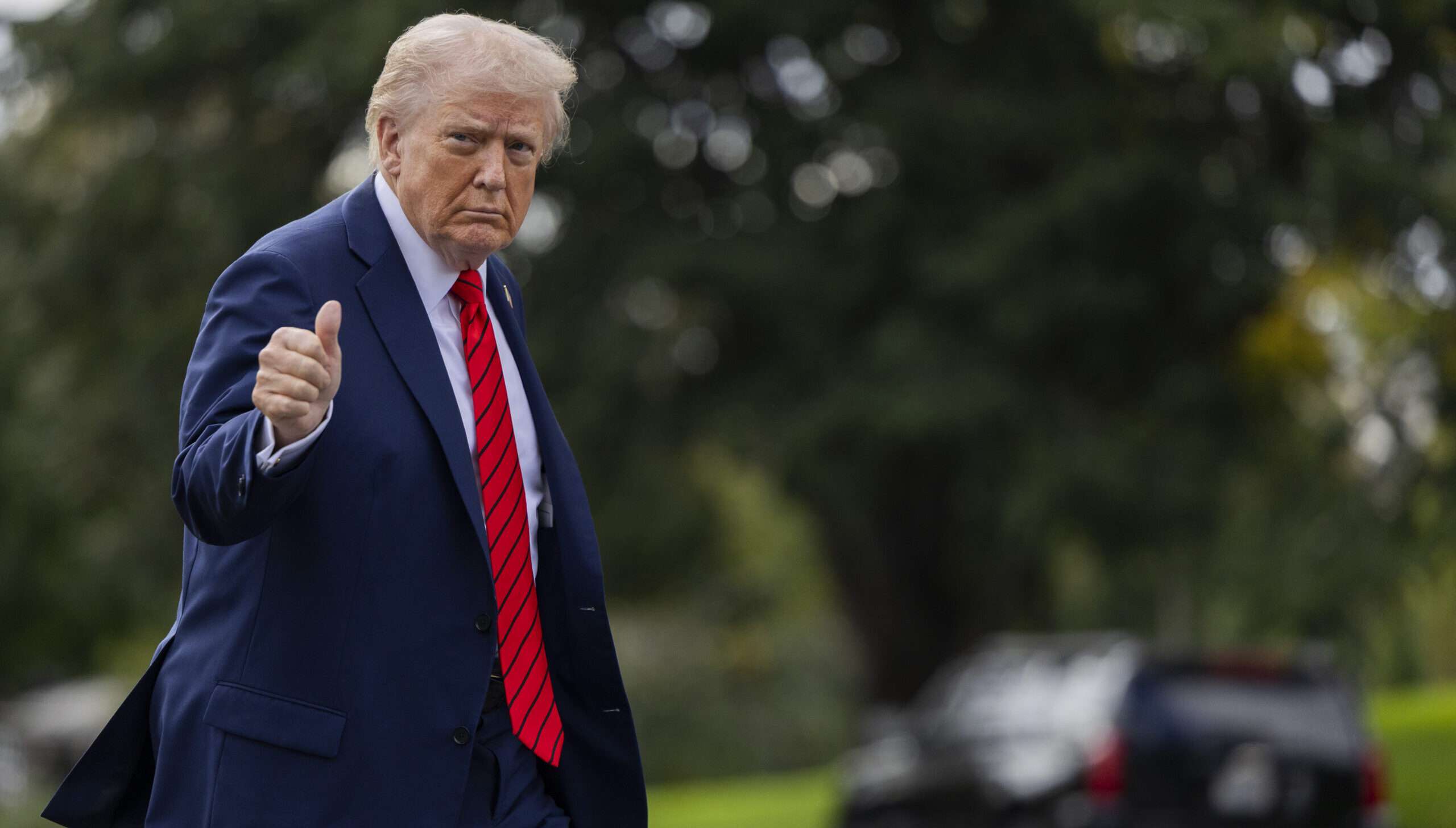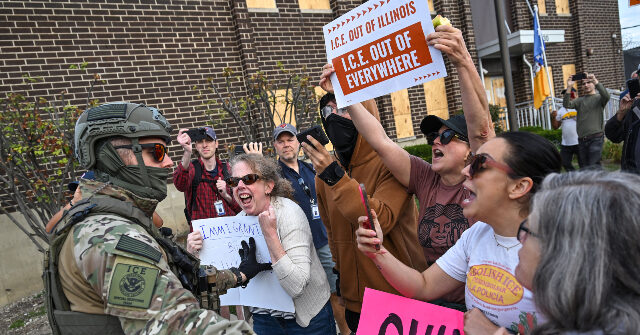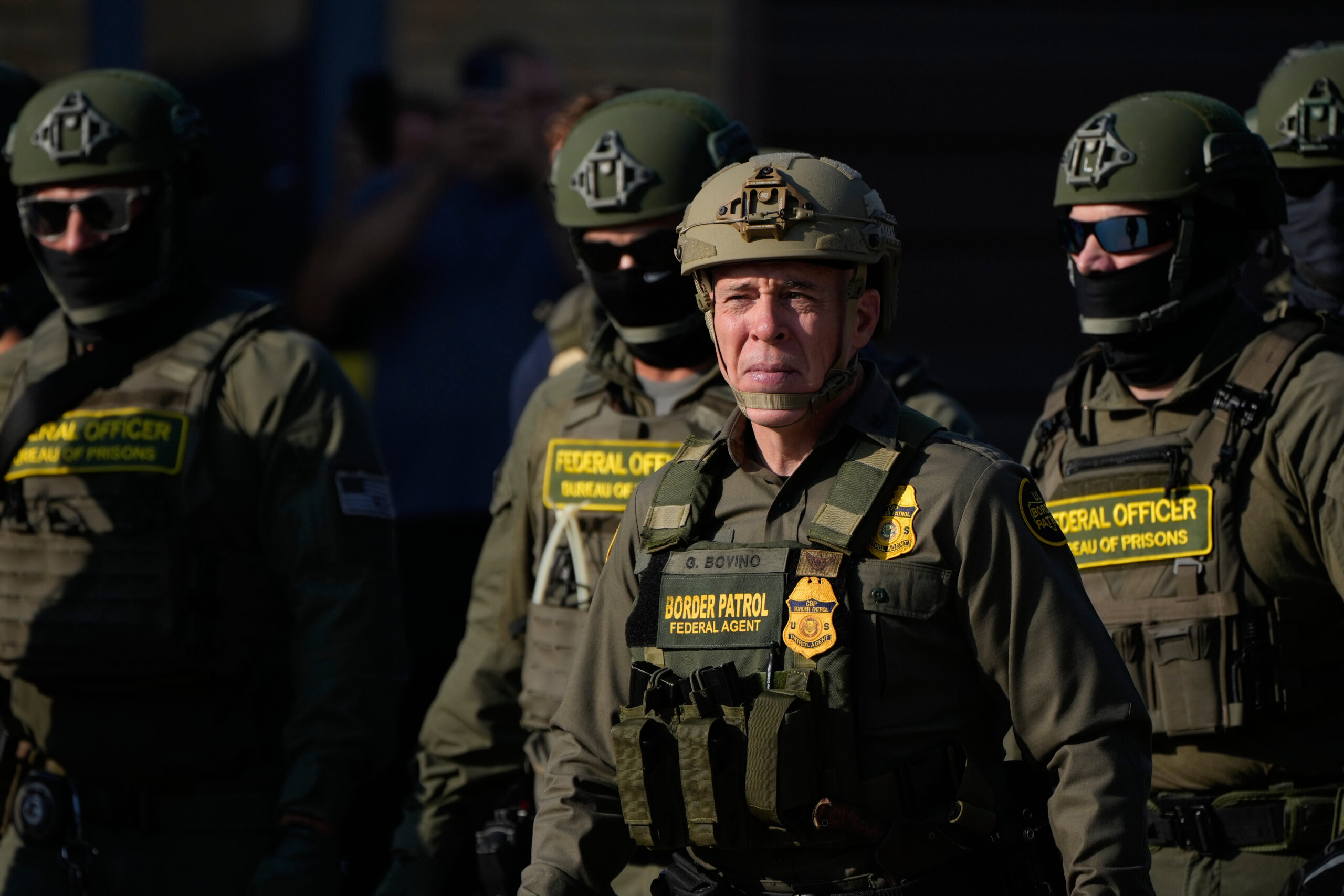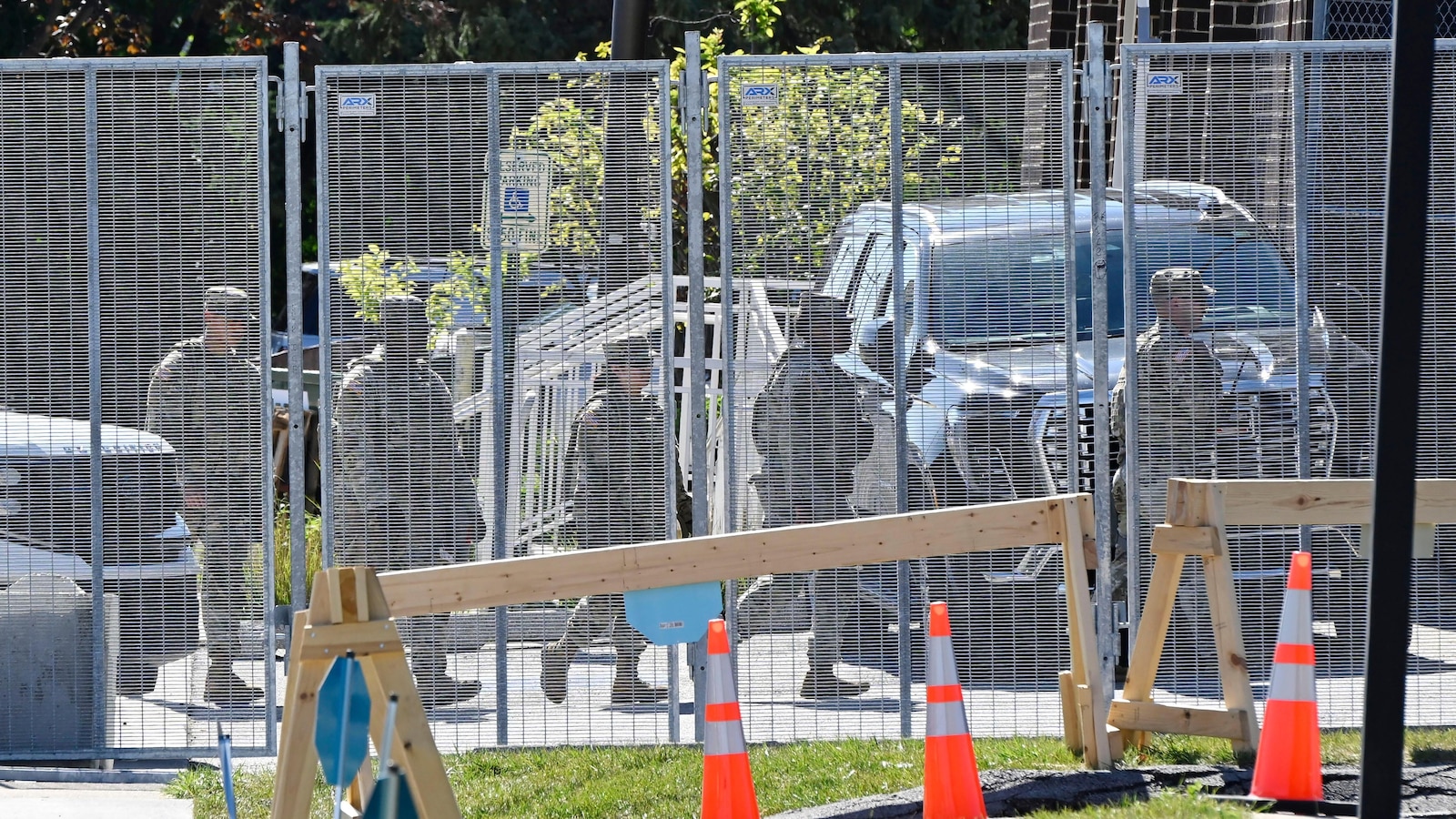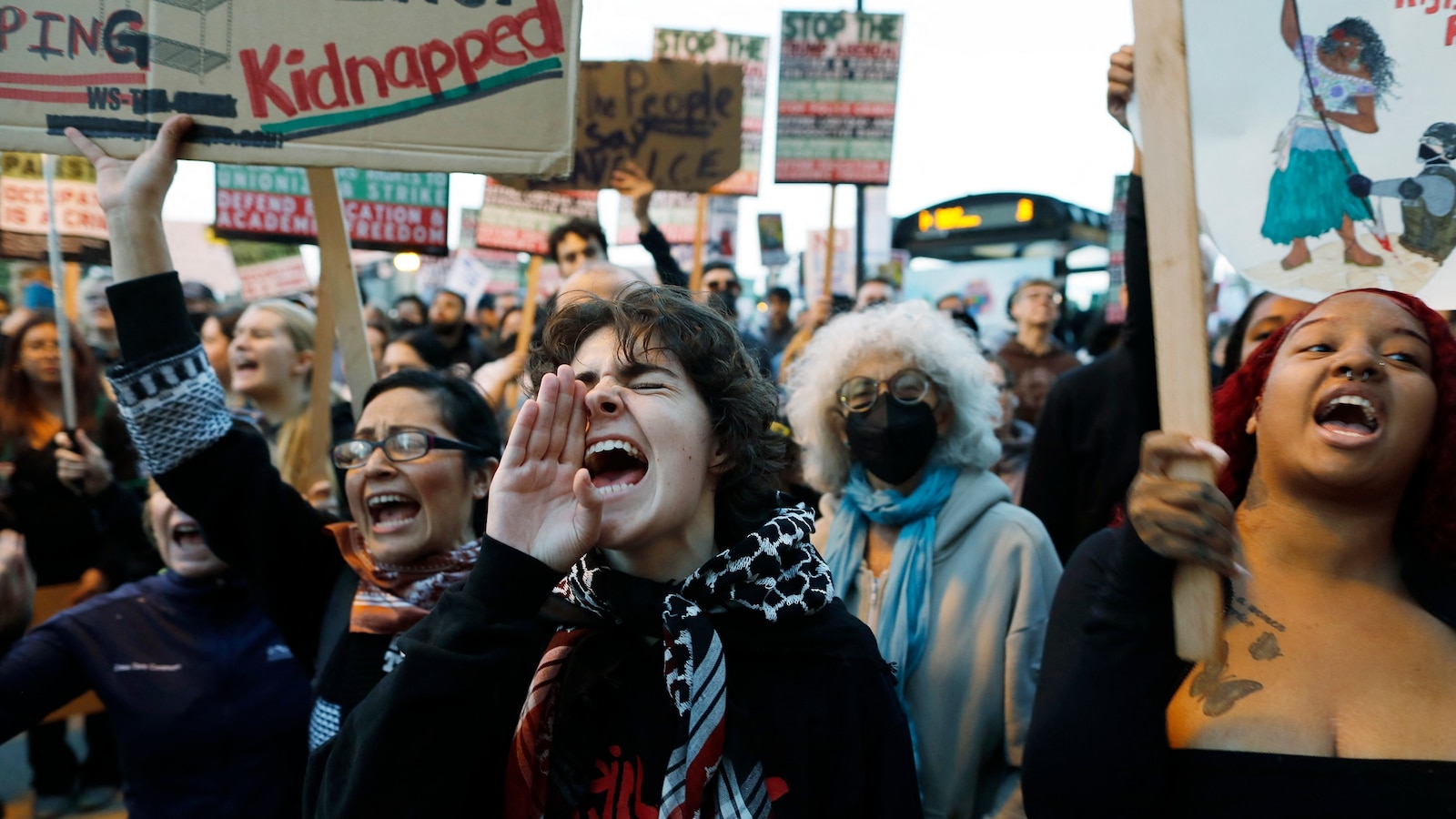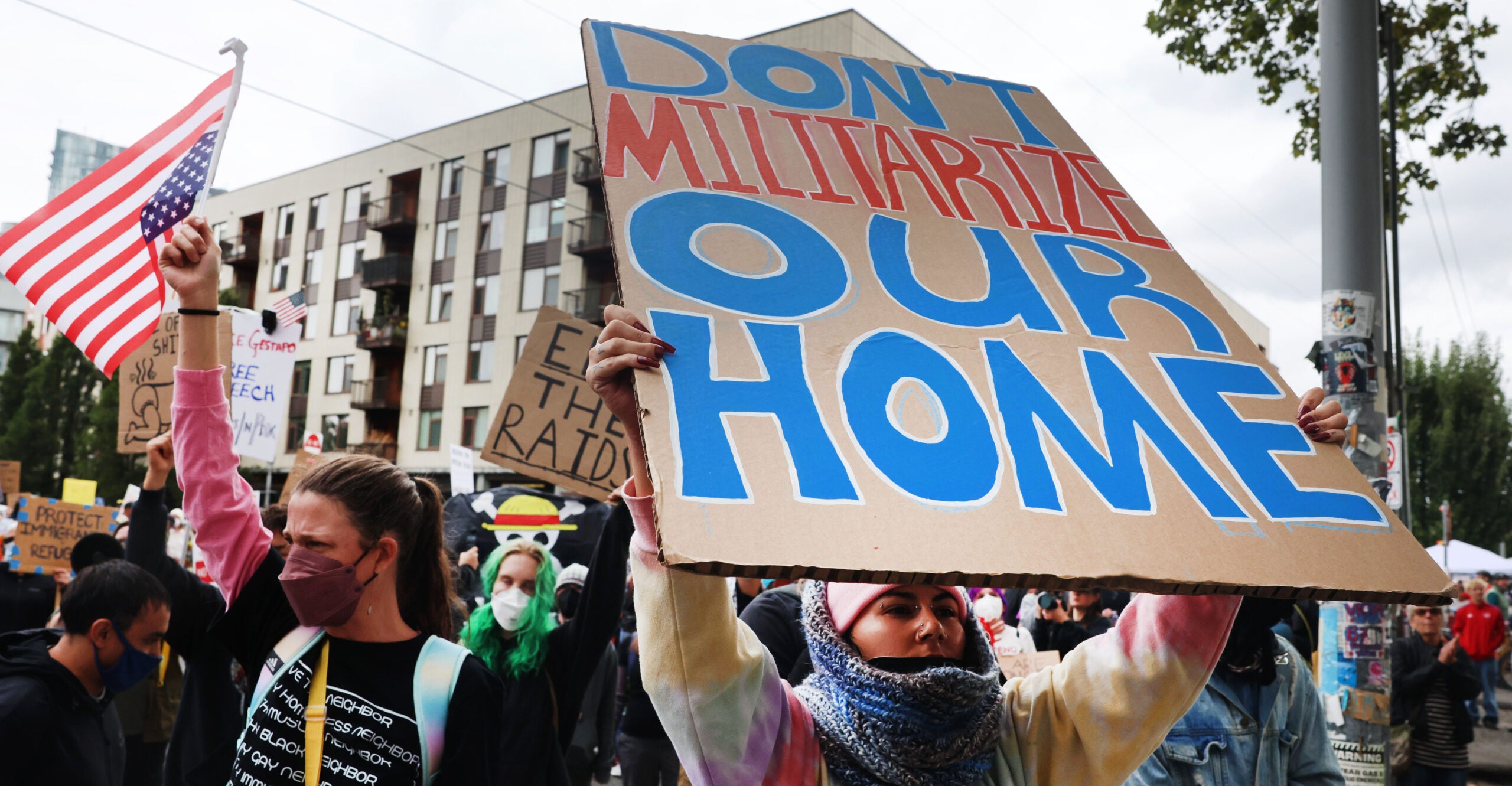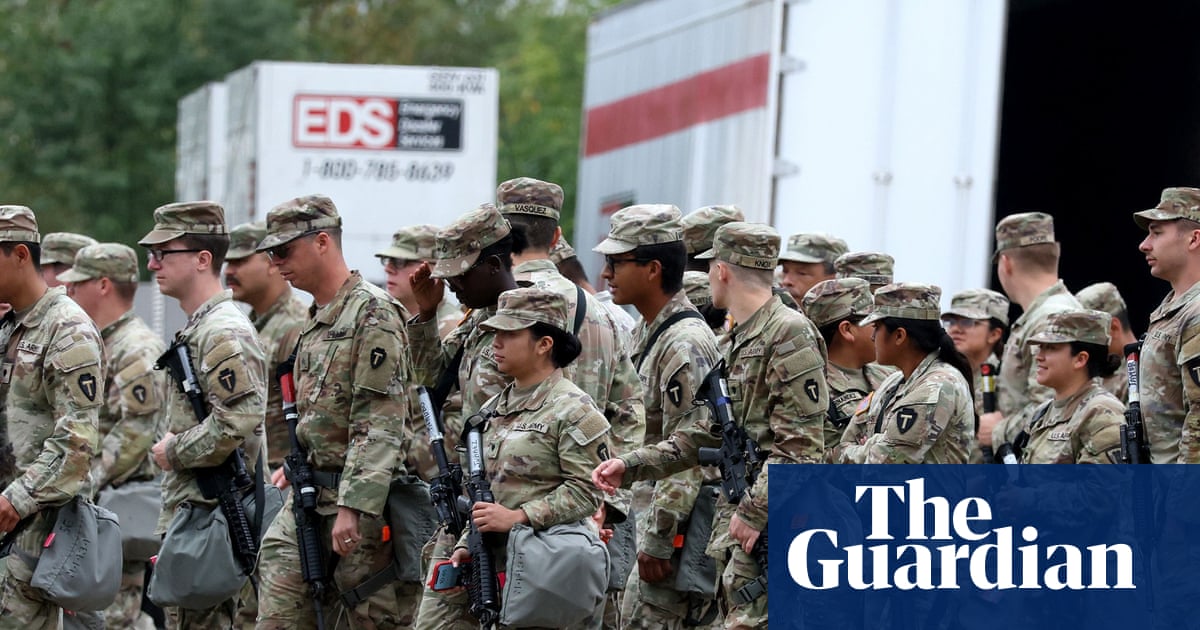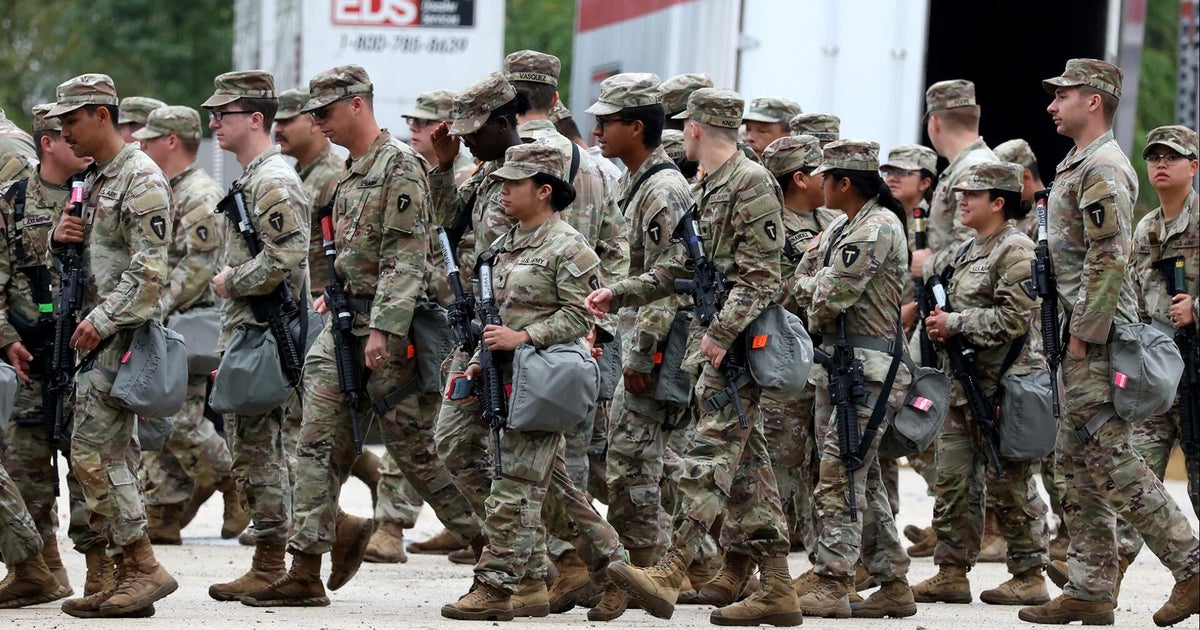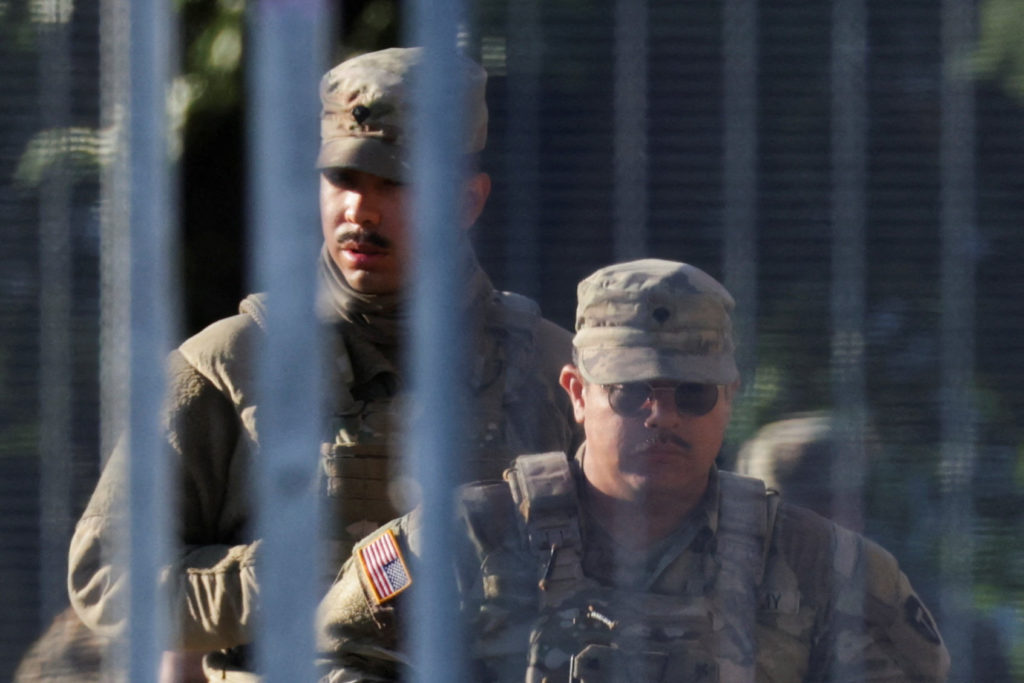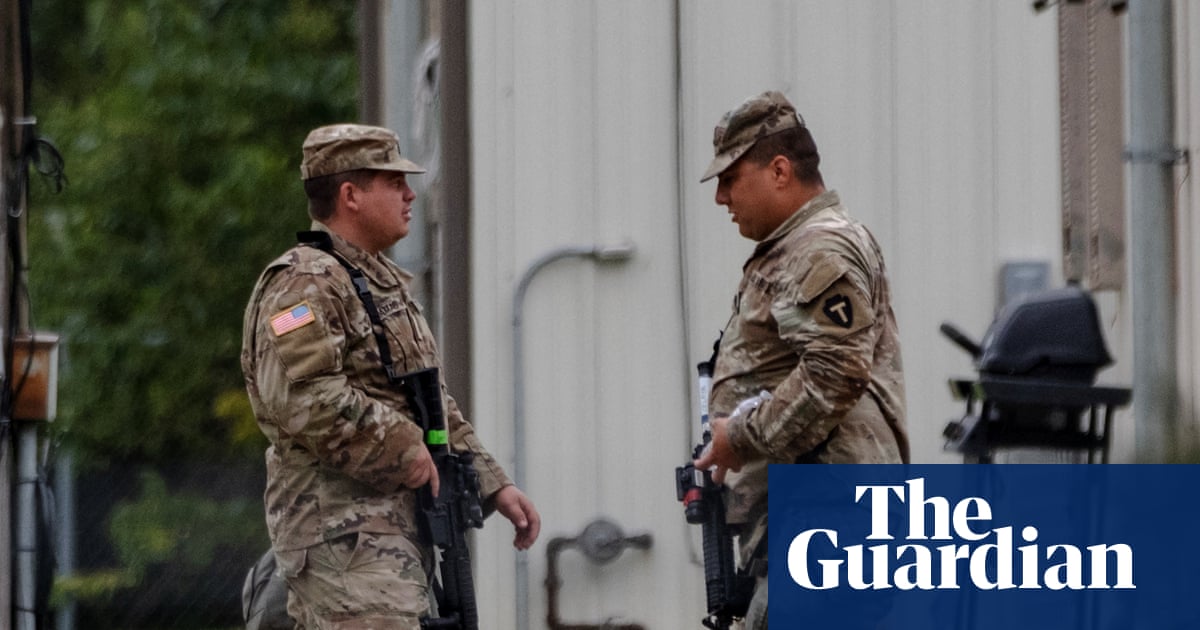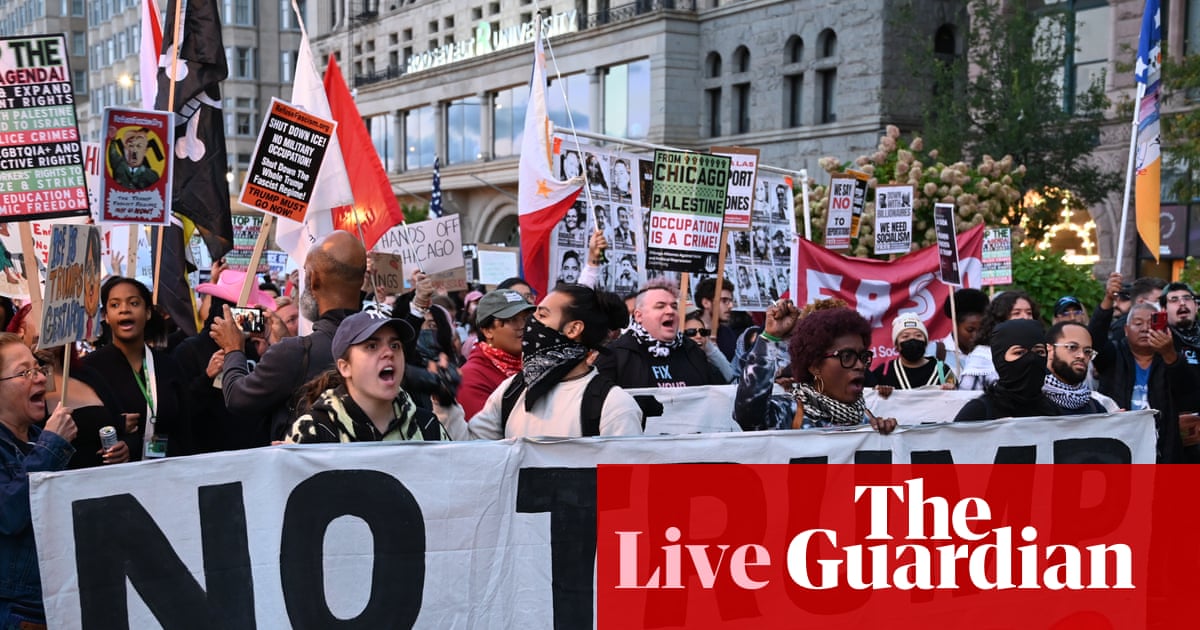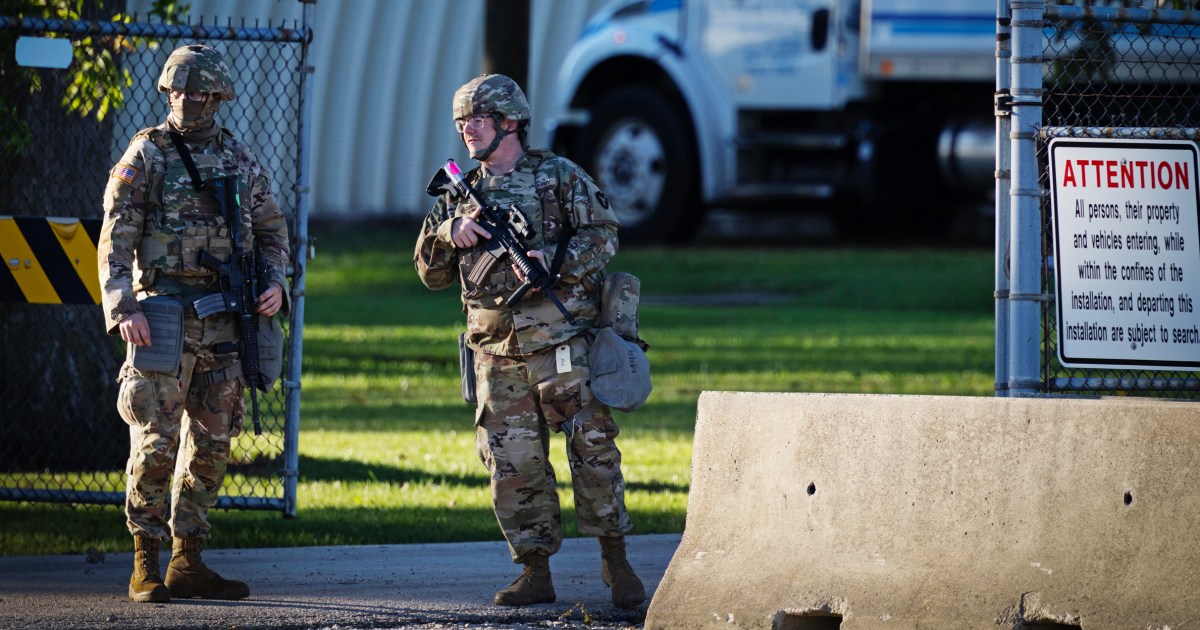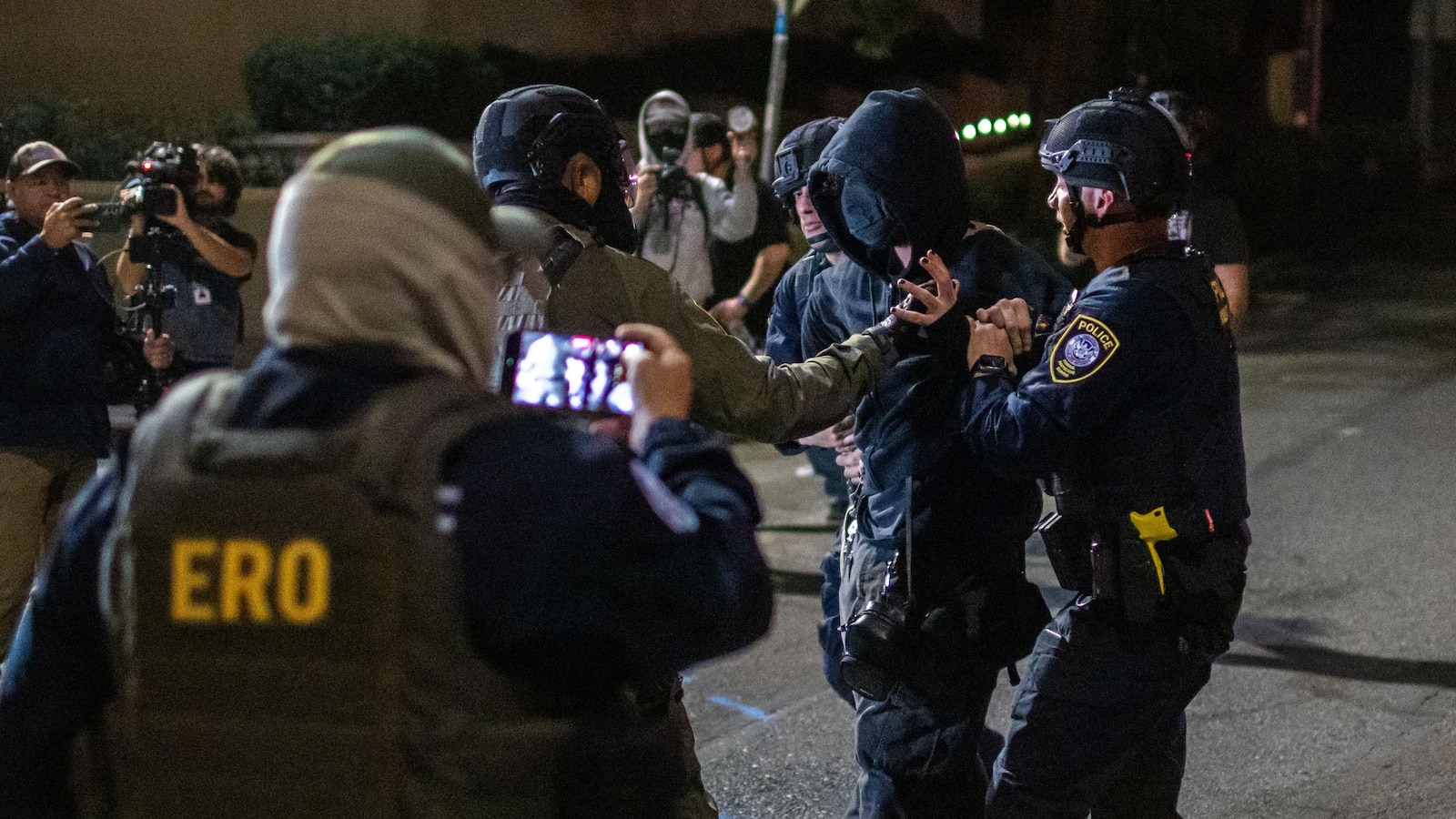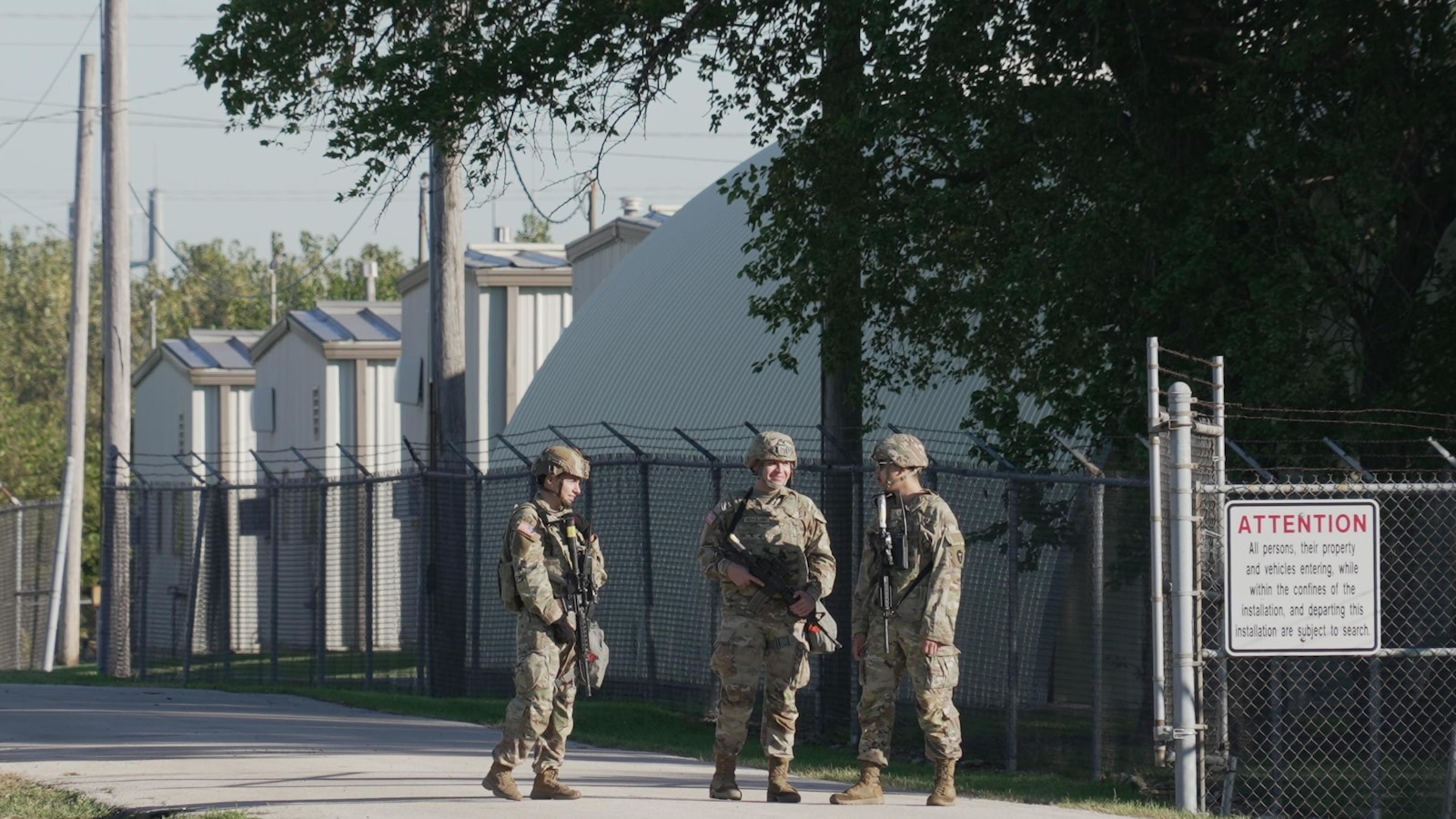Federal Judges Block Trump's National Guard Deployments Amid Legal Challenges in Multiple Cities
Federal judges temporarily blocked President Trump's National Guard deployments in Illinois, delaying Memphis patrols. Legal battles continue over federal intervention, raising constitutional questions about troop necessity.
Subscribe to unlock this story
We really don't like cutting you off, but you've reached your monthly limit. At just $5/month, subscriptions are how we keep this project going. Start your free 7-day trial today!
Get StartedHave an account? Sign in
Overview
- Federal judges, including U.S. District Judge April Perry, temporarily blocked President Trump's National Guard deployments in the Chicago area for at least two weeks.
- Illinois Governor JB Pritzker and Chicago officials strongly opposed the federal deployment, deeming it unnecessary and illegal, initiating lawsuits and judicial scrutiny over troop justification.
- This Illinois blockage, expiring October 23, has delayed planned National Guard patrols in Memphis, despite support for deployment from Tennessee's Republican Governor and Memphis's mayor.
- Judge Perry scheduled a hearing to determine the extension of the Memphis patrol delay, citing potential violations of the 10th and 14th Amendments regarding federal authority.
- The legal challenges extend to Oregon, where judges are questioning the consideration of past protests and the necessity of federalizing the National Guard.
Report issue

Read both sides in 5 minutes each day
Analysis
Center-leaning sources frame this story by emphasizing judicial skepticism and findings that undermine the Trump administration's rationale for deploying the National Guard. They highlight judges' conclusions of "unreliable evidence" and "no credible rebellion," alongside strong opposition from state and local Democratic officials. This collective editorial choice portrays the deployments as legally questionable and potentially provocative.
Articles (30)
Center (14)
FAQ
Federal judges blocked the deployments because Illinois officials, including Governor JB Pritzker and Chicago leaders, strongly opposed the federal intervention as unnecessary and potentially illegal, leading to lawsuits challenging the justification for deploying troops. The judges cited constitutional concerns, including possible violations of the 10th and 14th Amendments related to federal authority and state powers.
The legal challenges cite potential violations of the 10th Amendment, which protects states' rights and limits federal intervention, and the 14th Amendment, concerning equal protection and due process. Courts are examining if the federal government has the authority to deploy troops over state objections and whether such deployments are necessary and lawful under the Constitution.
In Illinois, Governor JB Pritzker and Chicago officials have strongly opposed the federal deployment, initiating lawsuits and judicial scrutiny to block the troops' presence. In Memphis, although the deployment is supported by Tennessee's Republican Governor and Memphis's mayor, the deployment was delayed due to the Illinois court blockage, with further hearings planned.
In Oregon, federal judges have also questioned the necessity of federalizing the National Guard, especially considering past protests. Legal battles continue to determine if federal intervention is justified and lawful, highlighting broader constitutional and political debates over the President's authority to deploy troops in cities without state consent.
These cases are pivotal as they may set legal precedents governing the President's power to deploy National Guard troops over state objections. The outcomes could limit or affirm the extent of federal authority in domestic law enforcement, affecting the balance of power between the federal government and states in managing public safety and responding to civil unrest.
History
- 25d

 7 articles
7 articles
- 25d

 6 articles
6 articles
- 25d

 3 articles
3 articles
- 25d

 7 articles
7 articles
